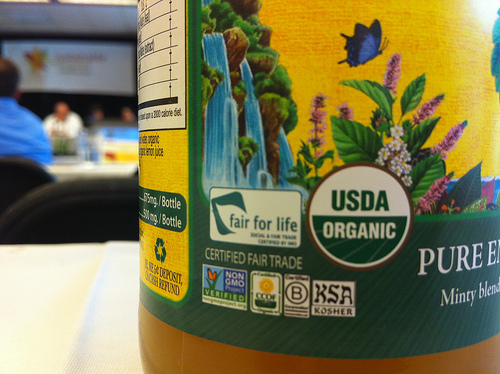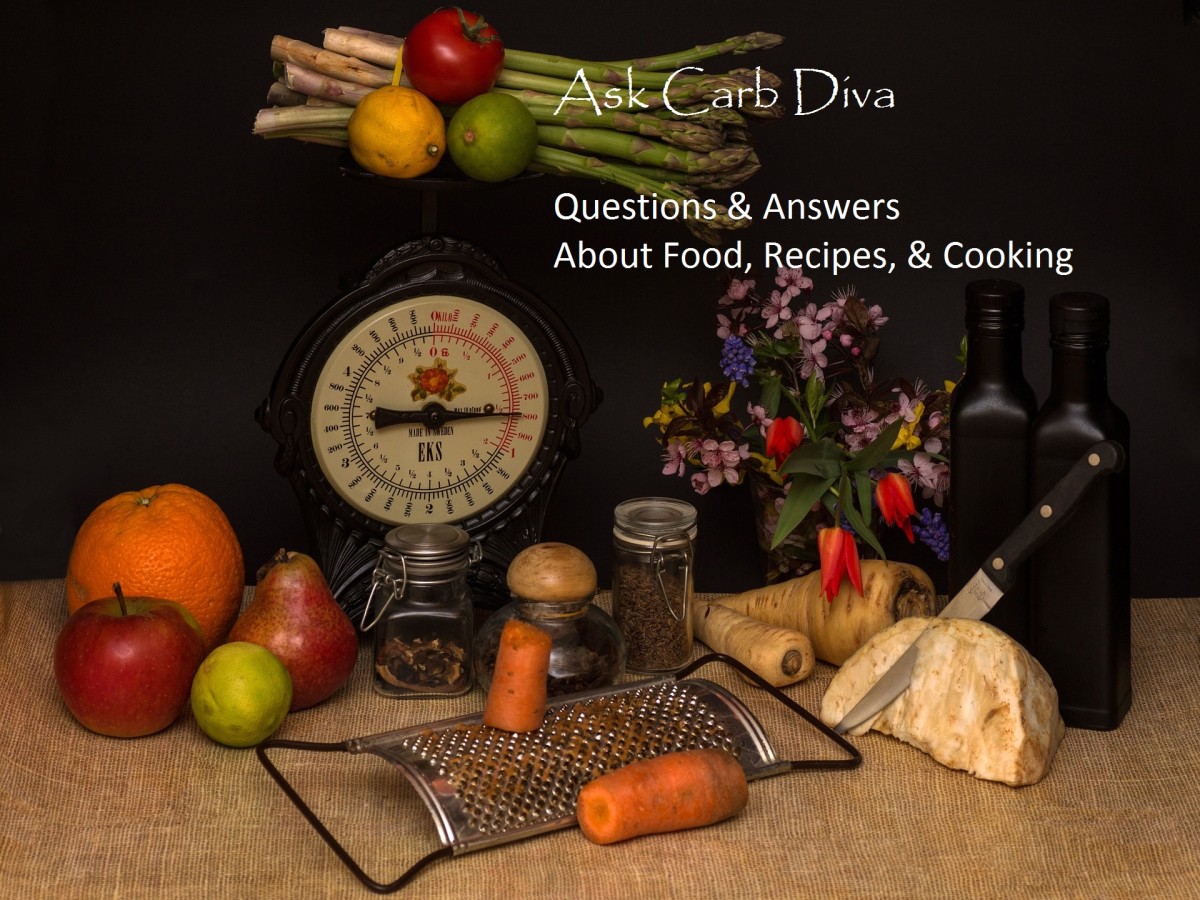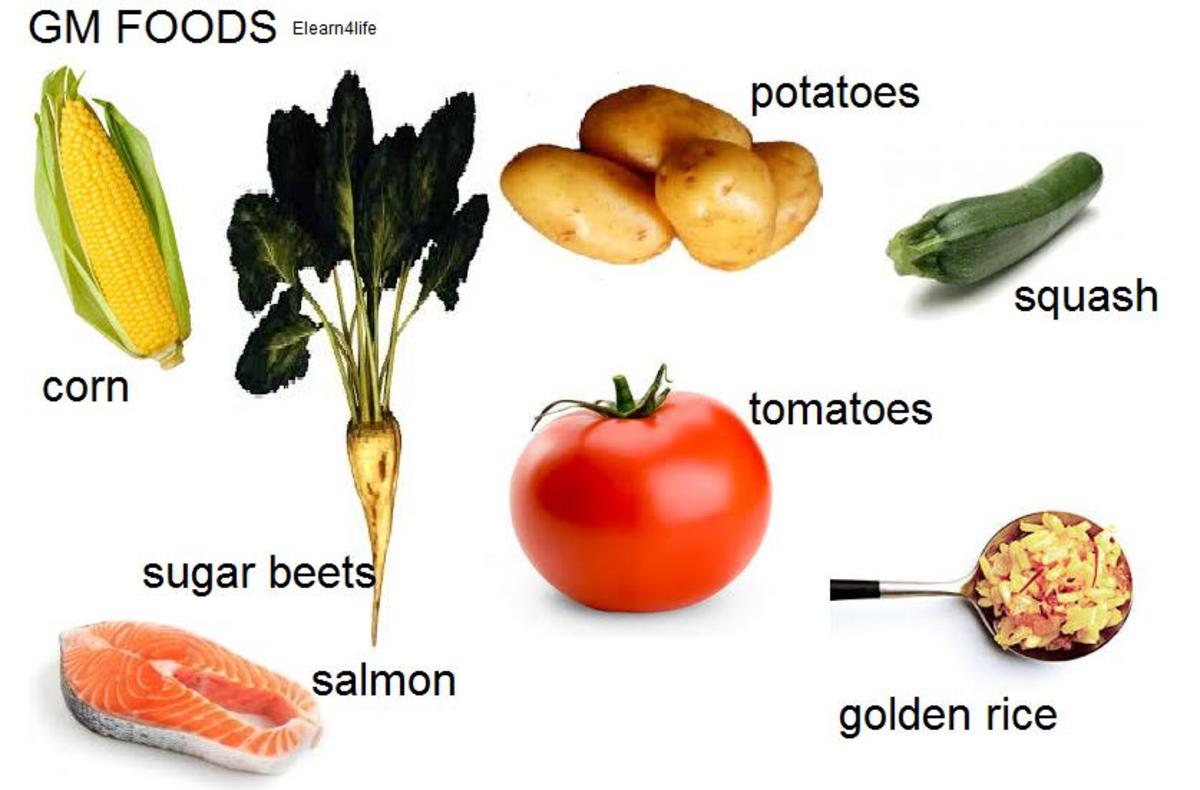Cooking Kosher for Health Reasons

What Does Kosher Mean?
Many people are under the impression that when the term "kosher" is used, for instance in regards to meat, this means that the food is blessed. At least that's the opinion this author has gathered on asking friends and family.
Kosher actually has nothing to do with religion or at least per se. The technical name for kosher is kashrut and rather than religious blessings bestowed on food, it is a set of Jewish nutritional laws.
Most people associate a kosher lifestyle with someone who doesn't eat pig or shellfish products.
Kashrut actually encompasses much more than this small part of kosher eating and is gaining popularity at the rate of 15% or so each year.
One might be tempted to think that a lot of people were experiencing a religious conversion but instead, this tremendous increase in kosher food is related more to healthy eating than Judaism.
Kosher and a Healthier Diet
One of the main reasons that people are beginning to convert to a kosher diet is because of the set of principles that are employed in processing anything kosher.
Also many people are unaware that meat and seafood are not the only products that are processed by kosher standards.
How kosher foods are processed--good points:
- Food is inspected meticulously before it ever hits the supermarket
- Any animal found to have died from natural causes is unsuitable for a kosher label
- Animals with diseases of any kind are unsuitable to be labeled kosher and are discarded
- Kosher means no insects can be ingested--I will let you imagine how that involves meat
- For the same reason, vegetables or fruits with bugs are discarded
- Fruits and vegetables are put through an extremely thorough washing process
- A salting process is used to remove blood from meat and poultry
- The salting process makes it much harder for E. coli and Salmonella to survive
- Dairy and meat products are never processed with the same equipment
- Utensils for example used on fish must only be used on fish
- Certain body parts are not permitted to be used and are discarded--like tails
- Kosher food supervisors provide a so-called third eye to how food is processed
- Should the FDA or USDA apply some of these same rules, we would have many less food recalls and contamination problems
- Kosher inspection secondarily decreases allergy risks as multiple products are not processed with single machines or utensils
- By default, kosher inspections assure that foods are of a higher quality and that damaged or diseased foods are discarded--or sold to other packaging plants
- Butchering must be done in a slower, more humane fashion
- Because of the distinction between meat and dairy, nonmeat nondairy products are clearly marked--called pareve or parve--giving consumers an easy way to select foods not in either category
Cooking Kosher and Longevity
Will cooking kosher ensure that you live longer? I like to think that it will. This author personally has decided that there are many valid points in the kosher laws on how food is processed. I already buy many kosher products but am going to actively seek out more.
It seems that every other day, there's a recall on something or a potential contamination with bacteria. This is in large part due to the fact that everything is mass produced and quality seems to have taken a back seat to quality. When it comes to the food we ingest, it would seem a better idea to strive to get the very best for the money we pay for our food.
It stands to reason that anything being processed in a more monitored fashion is going to be healthier. There is less chance of contamination and a much-reduced incidence of potential allergic reactions since products are not simultaneously processed on the same machines or with the same utensils.
While this author has always tried to imagine that animals and fish died of "natural causes" for my consumption, it speaks to me on a personal level knowing that kosher means "more humane" butchering techniques.
It stands to reason also that the high degree of inspection by kosher experts means we will receive the highest quality products. They would have to be safer by far than any the USDA or FDA inspect.
Consumers should be wary of any products that have an "acceptable" amount of contamination with things like bugs, dirt, or even pieces of foreign objects in them.
Likewise cooking kosher (using specific utensils and pans, etc) to prepare food further decreases the incidence of bacterial infestation and/or allergic reactions.
All in all, it seems a very ordered and healthier way of approaching the food we eat.

Does Kosher Food Cost More?
Actually you'd be surprised to learn that it doesn't. It will cost you more than the generic store brands but if you're looking to eat a healthier diet, you've probably already incorporated "all natural" and "no preservatives or additives" into your weekly shopping list.
Studies show that kosher foods are becoming more popular than healthier alternatives such as those listed above because people are starting to realize that kosher can be equated with "cleaner" or "better" foods--guaranteed.
Consumers who are looking to convert to kosher cite the fact that inspectors actually make notes about where the food comes from.
They also like the fact that inspectors can arrive on the spur of the moment to inspect foods. This added level of supervision and scrutiny is making customers feel more secure about any foods stamped with the "kosher" label.
Kosher Dietary Law
Restrictions for kosher foods:
- Types of animals that are allowed to be eaten (no pig, rodents, shellfish, birds of prey)
- Slaughtering process
- Separation of meat and milk
Kosher foods:
- Beef, sheep, goats, deer--ritually slaughtered with no flaws or diseases
- Poultry--chicken, turkey, quail, geese
- Fish--salmon, tuna, carp, herring, cod
- Meat must be eaten separate from dairy--6 hour wait period between
- Fruits--all considered kosher as long as insect free and clean
- Vegetables--all considered kosher as long as they are clean and free of insects
Forbidden foods:
- Pork, camel, rabbit, rodents, reptiles--any animal that has died of natural causes
- Birds of prey--hawk, eagle, vulture
- Crab, lobster, octopus, clam, swordfish, sturgeon, shrimp, catfish
- Meat combined with dairy--chicken cordon bleu, cheeseburgers, burger and milkshake, etc.
Suggestions for Eating and Cooking Kosher:
- Eat a diet combining grains, beans, vegetables, and fruits with meats or dairy--but do not mix meat and dairy together at same meal--so no milk based chowders
- Eat liberally from the pareve food group (neither meat nor dairy)
- Avoid foods rich in fats and oils
- Look for lean meats, fish, vegetables and fruits
- For snacks, avoid fried and greasy foods--instead replace with fruit and nuts
- Use protein supplements or use eggs if kosher meats are hard to find
- If kosher meat is hard to find, use tofu or fish instead
- Stock up on kosher meats, cook them often and store in the fridge or freezer
- Look for kosher labels--dairy--meat--pareve--these can be found in many aisles at popular grocery stores--if you can't find kosher products, ask the sales people
- There are hundreds if not thousands of kosher Jewish holiday recipe ideas and many great cookbooks to add to a kosher kitchen










